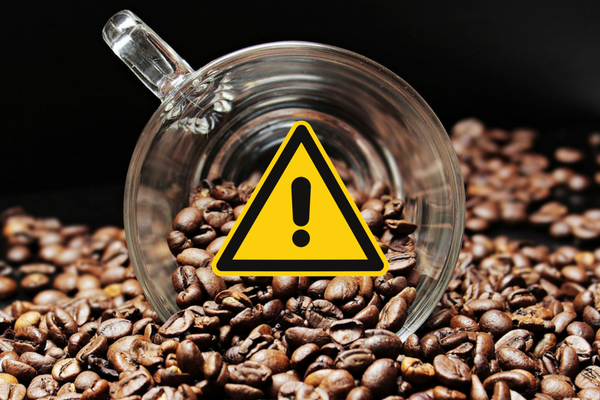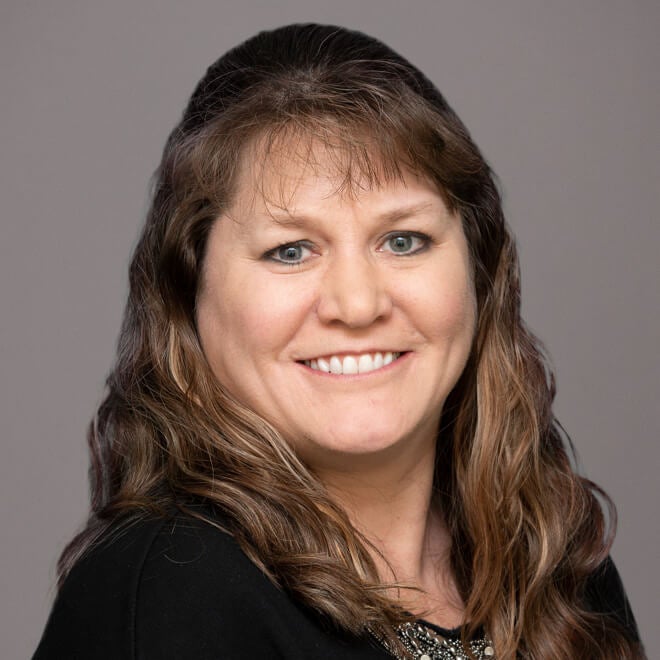Most have enjoyed a cup of coffee at some point in their lives, but could the hot morning beverage that so many love be causing us to develop cancer? While the science is still open for debate, a Los Angeles judge recently found 90 companies, including Starbucks, guilty of exposing Californians to acrylamide, a carcinogen that forms during the roasting process.
The landmark Proposition 65 enforcement case, brought to court by the Council for Education and Research on Toxics (CERT), could see civil penalties of up to $2,500 per person exposed each day over eight years levied against the defendants. While it’s unlikely the case will result in fines of this magnitude, the possibility certainly has everyone’s attention.
The defendants have a limited time to appeal the decision before it takes effect.
Assent Compliance can help your company perform due diligence in your supply chain for any substance or product compliance requirement. To find out more, download our Product Compliance Guide.
Acrylamide has been on the Proposition 65 list of chemicals known to the state to cause cancer since January 1, 1990, with a No Significant Risk Level (NSRL) of 0.2 micrograms (µg) per day. However, the average cup of roasted coffee contains up to .45 micrograms of the substance.
The Council for Education and Research on Toxics wants the coffee industry to remove acrylamide from processing — as potato chip makers such as Frito-Lay and H.J. Heinz Co. did after they were sued by the State of California in 2005 — or disclose the danger through Proposition 65-aligned warning labels. Coffee companies have maintained that removing the substance would alter the taste of their products irreparably.
In 2016, the International Agency for Research on Cancer (the World Health Organization’s cancer agency) removed coffee from its list of agents “possibly carcinogenic to humans.” Furthermore, studies have shown that coffee can lower the risk of specific types of cancer, such as prostate and endometrial.
Nevertheless, companies that provide or sell coffee or coffee beans in or into California may be required to provide “clear and reasonable” warnings about the potential exposure. Warnings can include labels on the product or signs displayed near where coffee is sold.
Coffee Today, What Tomorrow?
In truth, the average cup of coffee has always been over the safe harbor limit for cancer risk, but Proposition 65 requirements haven’t been enforced until now. This is just one example of how risk can exist in your supply chain, and failing to provide proper warning labeling can leave your company open to considerable financial penalties.
With input from our Regulatory team, Assent’s Proposition 65 solution is always kept up to date. It can quickly campaign your entire supply chain for the existence of any substances for which your company may need to provide warning labels. For more information about how
Assent can help your company comply with Proposition 65 requirements, contact our experts.










